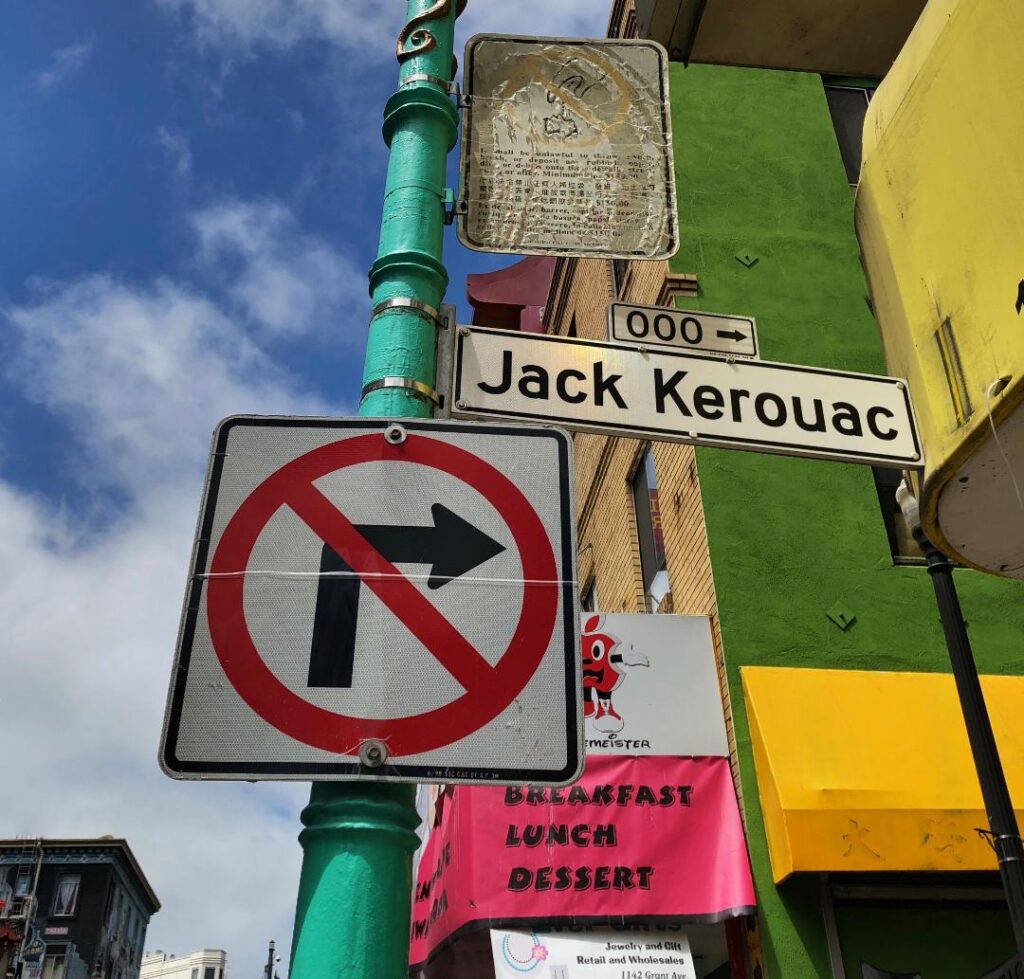The Restlessness of Thomas Merton, J. D. Salinger, and Jack Kerouac.
On balance, a very good essay, but just wrong in places. For example:
Due to our separation from God that occurred in the Garden, all men intuitively sense that they are missing something, that they are radically incomplete.3 Aristotle had this incompleteness in mind when he opened Metaphysics with the statement, “All men by nature desire to know.”
Vito Caiati, cradle Catholic, native New Yorker, former resident of Greenwich Village, ex-pat in France for a time, historian, NYU Ph.D., with a finely-honed literary sensibility, is well qualified to offer some astute commentary on this essay. I invite him to do so.
Caiati introduced me to the novels of Richard Yates.

Why did Kerouac's writing give rise to an outpouring of biographies, commentaries, dissertations, articles, not to mention new editions and the publication of the shoddiest of his literary efforts, when Yates' novels and short stories had no similar effect? One thought is this. Kerouac was a sort of unwitting pied piper. His 1957 On the Road gave rise to the 'rucksack revolution' of the 'sixties. Yates' 1961 Revolutionary Road, his best novel, was backward-looking, in large part social criticism of the Zeitgeist of the fading 'fifties.
But my one thought is one-sided and wants augmentation and qualification. Later perhaps.
While I admire Yates' superb craftsmanship, his writing does not move me. Kerouac moves me, literary slop, hyper-romantic gush, and all. No one would accuse Kerouac of being a craftsman.
Literary sensibility is an ineluctably subjective thing, but not so subjective as to disallow higher and lower grades of sensibility. But how describe and order them?
Two weblogs I regularly consult are Patrick Kurp's Anecdotal Evidence, and the late D. G. Myers' A Commonplace Blog. Myers died ten years ago. Kurp here recounts a meeting with him.

